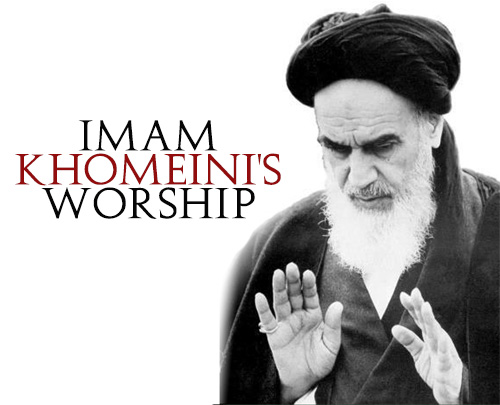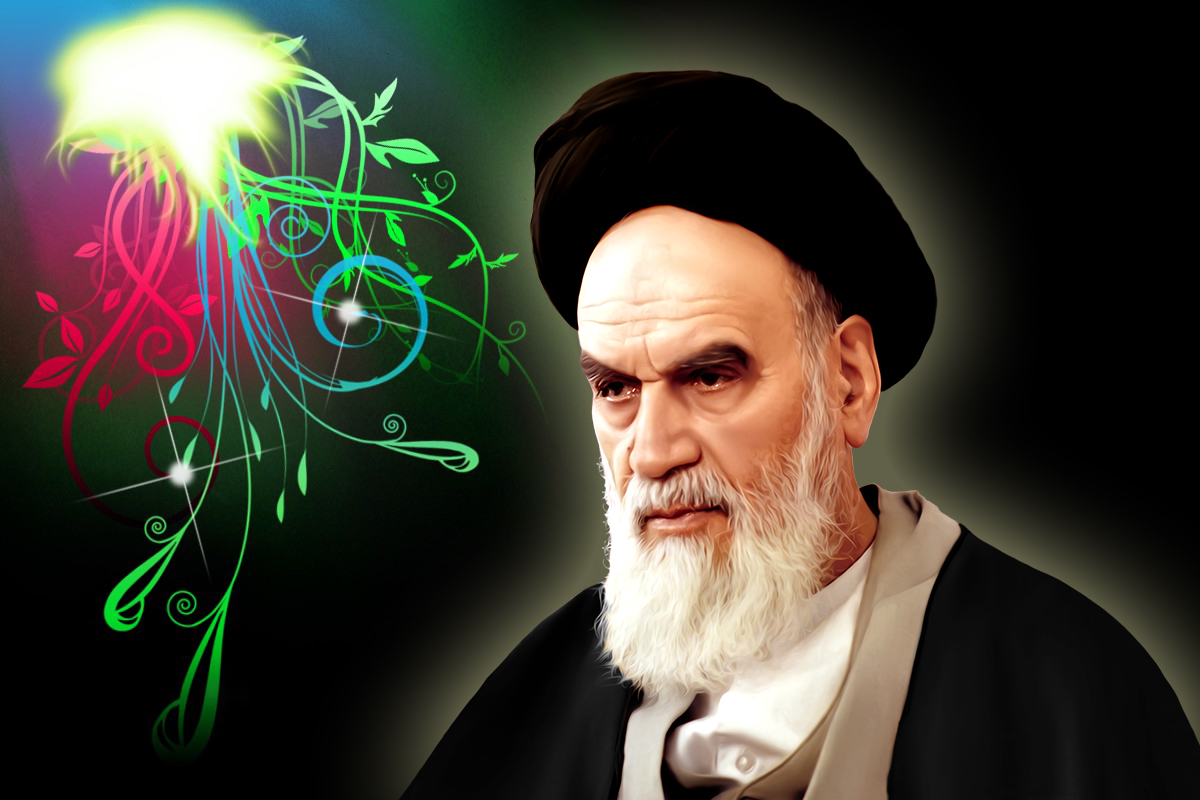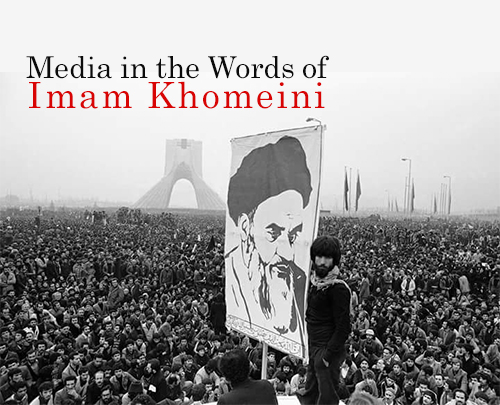Imam
Khomeini's Worship
Love for the Quran
Imam Khomeini used to recite the Holy Quran every day. He would not only recite
the Quran once but a number of times during the day.
When the Imam was in Najaf, he was affected by an eye-sickness and a doctor came
and examined his eyes. He told the Imam to rest his eyes from reading the Quran
for a few days. The Imam smiled and said: "I need the eye for reciting the Quran.
What is the benefit of having an eye and not reciting the Quran through it?"
He cherished the Quran and would always keep it close to himself.
Prayer
Imam Khomeini used to counsel his children very much to pray and he
gave great importance to their praying on time.
On the day when Imam Khomeini received the sorrowful news of the martyrdom of
his son, Mustafa, he did not remain at home. Contrary to what others thought he
would do, he went to the mosque on time for prayer.
When the Imam was in Paris, around 300 to 400 reporters gathered to ask him
questions. The Imam stood to answer them, but when he heard the call to Noon
Prayer he immediately left to pray on time. When someone asked the Imam to stay
for a few minutes in order to answer 4 or 5 more questions, the Imam refused and
went to pray.
-He would put on perfume for prayer. Even when he used to go up to the rooftop
of his house in Najaf to pray, he would take a perfume bottle with him.
For 70 years, the Imam prayed Night Prayer.
When he would wake up to perform Night Prayer, he would use a small lamp which
he would carry with him. It used to light a small area in front of his feet, and
he would walk silently so as not to wake the others.
In what follows is an excerpt from Imam Khomeini's "The Forty Hadith", derived
from al-islam.org:
The Significance of Prayer
Know that freedom from other preoccupations for the sake of
absorption in worship (‘ibadah) is obtainable through possessing unoccupied time
and an unoccupied heart. And this is one of the most important points regarding
worship, without which the presence of heart cannot be realized, and a worship
performed without an attentive heart is devoid of value. That which brings about
attentiveness of the heart consists of two matters.
The first of these lies in possessing unoccupied time and an unoccupied heart,
and the second lies in making one’s heart understand the importance of worship.
That which is meant by ‘unoccupied time’ is that one should set aside a certain
time out of his day and night hours exclusively for the sake of worship wherein
he should devote himself solely to worship without engaging in any other
preoccupation. If one were to understand that worship is an important thing
whose significance is greater than any other activity, or, rather, that it is
something of incomparable significance, he would allocate a certain time to it
and be careful to observe its timings. In the following, we shall try to cast
some light on this matter.
A devout person should be observant of the times of his worship under every
circumstance. Of course, he should observe the timings of salat, which is the
most important of the acts of worship, and carry it out in the most meritorious
part of its time, refraining from engaging in any other work during those times.
In the same way as he assigns a certain time to making an earning and for study
and debate, he should do the same in respect of these acts of worship, in whose
time he must be free from other preoccupations, so that he can achieve
concentration of the heart, which makes up the quintessence and kernel of
‘ibadah.
But should he, like this author, offer his prayers out of compulsion and
consider the performance of the worship of the Lord as a superfluous matter, he
would, of course, delay it as long as it can be delayed and when he offers it
offer it in a perfunctory manner, considering it as an impediment in the way of
what he imagines to be important tasks. However, such a worship has not only no
spiritual brilliance, it deserves Divine wrath, and such a person is one who
makes light of salat and neglects it as something trivial. I seek refuge in God
from making light of salat and not giving it its due importance.



















